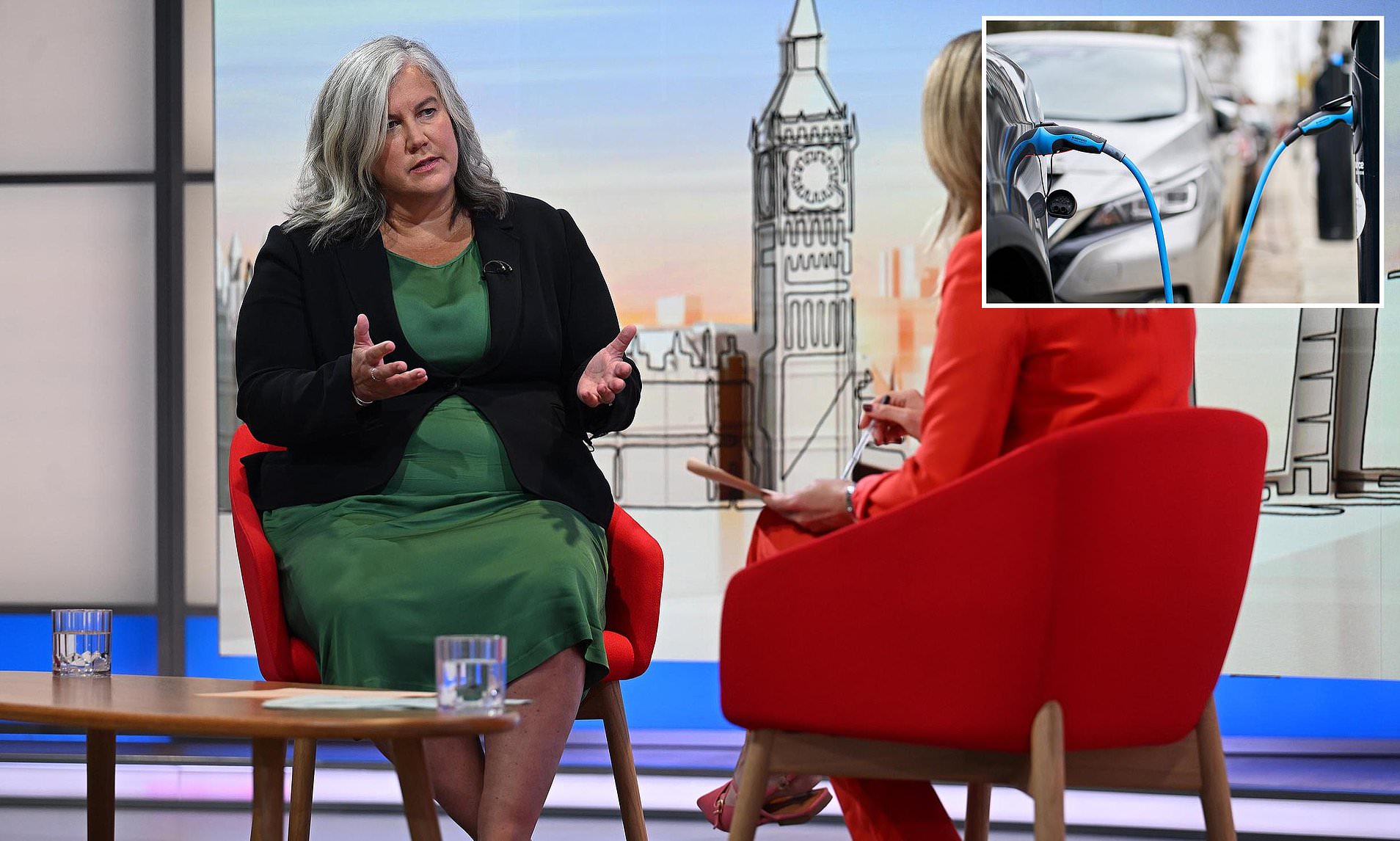Transport Secretary Admits Financial Challenges in Owning an Electric Vehicle
Transport Secretary Heidi Alexander recently revealed that she has not been able to afford an electric car, highlighting the financial barriers many people face when considering a switch to electric vehicles (EVs). Despite her position as a senior government official earning around £160,000 annually, she admitted she hasn’t purchased a new vehicle in about six years due to its high cost. Her comments come as the UK government prepares to announce significant subsidies aimed at boosting EV adoption.
Alexander pointed out that living in a terraced house presents practical challenges when it comes to charging an electric car. She explained the difficulties of accessing charging cables and emphasized that she plans to buy an EV in the future. Her personal experience reflects the broader concerns about the slow growth in EV sales and how this might affect the country’s Net Zero goals.
The UK government has set ambitious targets for transitioning to electric vehicles. From 2030, the sale of new petrol and diesel-only vehicles will be banned, and by 2035, all new cars must be electric. These deadlines have prompted increased scrutiny on how effectively the country is moving toward a sustainable transport system.
During an appearance on BBC’s Sunday with Laura Kuenssberg, Alexander announced a £63 million fund to create tens of thousands of new charging points across the country. This investment aims to address the lack of infrastructure, particularly in areas where driveways are not available. The funding will support councils in installing cables under roads, making it easier for residents without private parking to access charging facilities.
In addition to the charging infrastructure initiative, a separate plan is expected to be unveiled soon. This scheme, estimated to be worth around £640 million, could provide grants to help individuals purchase electric vehicles. The grants may cover down payments, making EVs more accessible to a wider range of buyers. The focus is likely to be on vehicles manufactured in the UK, such as those produced by Nissan. However, similar subsidies were previously scrapped by the Conservative Party in 2022, raising questions about the long-term commitment to supporting domestic EV production.
Alexander acknowledged some positive trends in EV sales, noting that one in four new cars sold in the UK as of June was electric. However, she stressed the need for further measures to make EVs more affordable and convenient for consumers. She emphasized that the £25 million allocated to councils will help households install cross-pavement gullies, allowing safe and efficient cable access for charging.
When asked if she, as the Transport Secretary, did not own an electric car but was encouraging others to do so, Alexander responded that she does not have an EV currently. However, she highlighted that she is part of a large group of people who bought a new car about six years ago and is considering an electric vehicle for her next purchase. She noted that changing cars frequently is not common for most people due to the high costs involved.
Her remarks underscore the challenges faced by many UK residents in transitioning to electric vehicles. While the government is investing in infrastructure and financial incentives, the road to widespread EV adoption remains complex. Addressing both the economic and logistical barriers will be crucial in meeting the country’s environmental goals and ensuring a smooth shift to a greener transport system.






